Is It Okay To Pop Pimples?
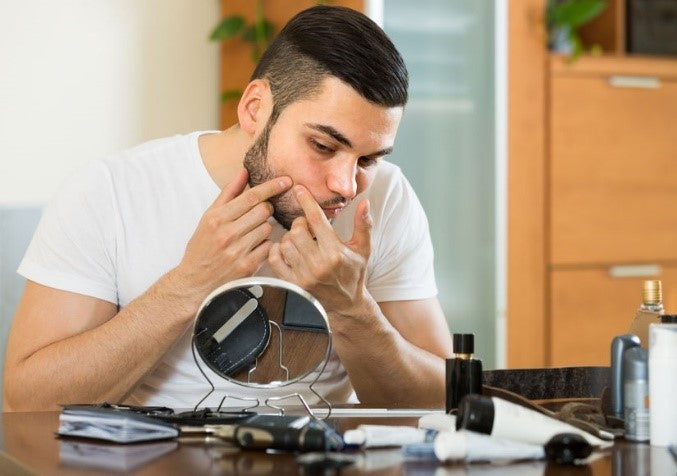
When you look in the mirror, the last thing you want to see is a zit in the middle of your forehead. If you suffer from mild to severe acne, you’re not alone. Millions of Americans suffer from acne every year, and it’s stressful for many. Pimples pop up at the most inconvenient time--on the first day of school, before a first date, or on another important day. In dire situations, it might be tempting to pop your pimple on your own. Before you do, here are the reasons you might want to avoid pimple popping.
Why You Shouldn’t Pop Your Pimples
Whether you want to take a cute selfie or you’re getting ready for your wedding, think twice before you pop that pimple. Zit popping yourself can damage your complexion and cause worsening skin issues if you don’t treat it properly. Below are a few reasons you should leave your pimple alone.
Scarring
When you spot a zit, your first instinct might be to push down on it from either side with your fingers. This may be a quick solution for smaller zits, but some pimples are too deep and large to force out. When the puss is forced out too quickly before it’s ready, it can leave behind a deep pit or scar. When you have a deep pimple, it’s best to seek the treatment of a doctor to avoid permanent scars or discoloration.
Re-occurrence
If your hands aren’t clean, you risk infecting the pore again and making your acne worse. Once a pimple is popped, the open pore is exposed to the air, and your unclean hands can clog it with more bacteria and debris. Using dirty hands can also spread the infection to other parts of your skin. When you rub your skin with your hands, open pores collect your bacteria, which can cause a cluster of breakouts to form.
Inflammation
When you scratch or press down on your skin, it becomes inflamed. Sensitive skin can become red and patchy for several hours after the pimple is popped. Even long after the pimple has gone, it can leave behind a red, brown, or purple discoloration that can become permanent.
Slower Recovery
It may look unsightly, but acne is a natural occurrence on your skin. Mild acne typically lasts no longer than a few days, and can typically rid itself on its own. Touching your face, opening the pore, and popping whiteheads again only slows the healing process. When your skin is red and the pimple is sore, it’s a natural sign that your body is responding and trying to heal the infected area. If you interfere, you’ll make the pain and the swelling worse. As long as the pore keeps reopening, the healing process starts all over, and you’ll increase your risk of scarring.
Risk of Brain Abscess
In some cases, popping a pimple can lead to a brain abscess. A brain abscess is a serious infection that can lead to seizures, stroke, or death. The area around the mouth and bridge of the nose is known as the “death triangle” or “danger triangle” because it’s the area most susceptible to pushing puss into the bloodstream. If you have a pimple in this area, leave it alone or consult a dermatologist.
When to Seek Professional Help
Talk to an aesthetician or dermatologist if you have persistent or worsening skin issues. They can recommend the best treatment to help clear your skin and leave it blemish-free. Seek professional help right away if any of these symptoms occur.
Cystic Acne
Little is known about the true cause of cystic acne, but whitehead and blackhead popping alone won’t treat it. Cystic acne appears when the infection goes deep into your skin, and it often spreads in a series of bumps across your face, chest, back, or neck. Hormone changes can cause cystic acne to form, so your doctor may recommend a blood test to determine if you have an imbalance and need treatment.
Deep Pimples
If you have a single large, deep pimple on your body that’s painful and warm to the touch, leave it alone and wait for a doctor’s help. A dermatologist can sterilize the area, drain the cyst, and dress the wound to protect it and minimize scarring. Should your cyst rupture, get prompt treatment to prevent a severe infection.
New Skin Irritations Appear
Acne typically goes away on its own, but if new skin irritations appear, talk to a professional. If your acne flares turn to cysts, bumps, or rashes, you may have an allergy. Hives are an inflammation of the skin triggered when the immune system releases a chemical called histamine. When you itch your hives, you can cause wounds and scars. If this happens, consult a doctor and get an allergy test.
How to Prevent Acne
There are many ways to treat mild or moderate acne that don’t require you to pop pimples yourself. Leading a healthy lifestyle is one of the best ways to prevent acne from forming.

Eat a Balanced Diet
The next time you visit the grocery store, buy food that will give you a healthy balance of vitamins and minerals. Nutrient-rich food provides the building blocks for healthy skin, including fat, protein, and vitamins A, B, C, E, and K.
Drink Water
Drink at least two liters of water a day to keep skin hydrated. Water increases circulation, detoxifies skin, and bring nutrients to the skin to keep it radiant and soft.
Get Plenty of Sleep
Get your beauty sleep to maintain youthful, glowing skin. While you sleep, your body boosts circulation, creates new collagen, and decreases puffiness around your eyes.
Last but not least, we recommend trying our very own acne treatment solution in order to help combat your skin problems as soon as possible.
Clearer skin in as little as two weeks.
3-step ritual with nutrient rich botanicals and the power of Floralux® to treat, soothe, and calm skin.
Learn More

Abby Vinas
Abby Vinas has long been an active member of the holistic health community, advocating in favor of its benefits to both our physical and emotional well-being. Her commitment to leading a healthy lifestyle has made her an authority on self-care practices. Abby is passionate about fitness, nutrition, and proper skincare, and is also an avid lover of avocado toast and dog-petting.




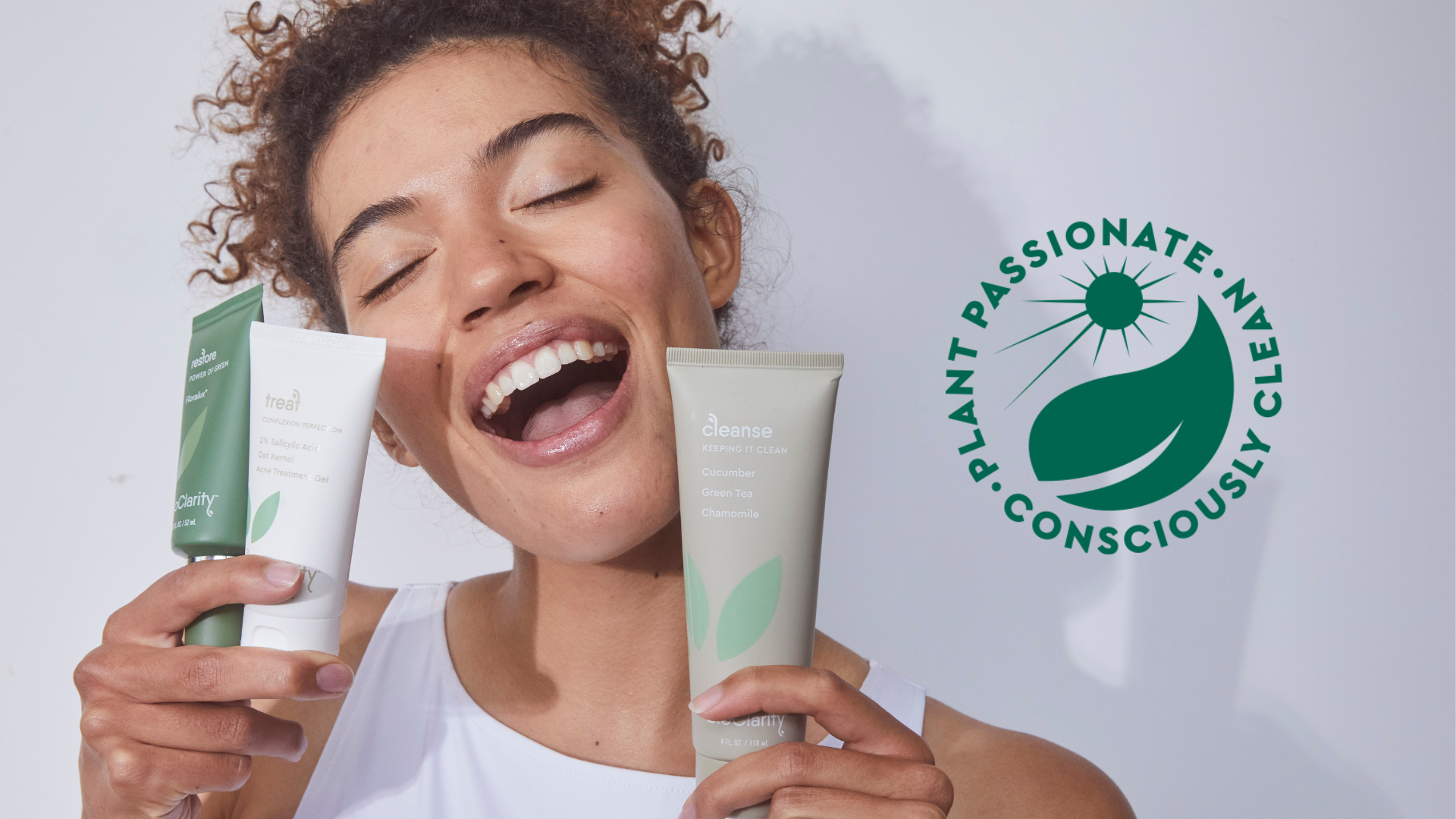

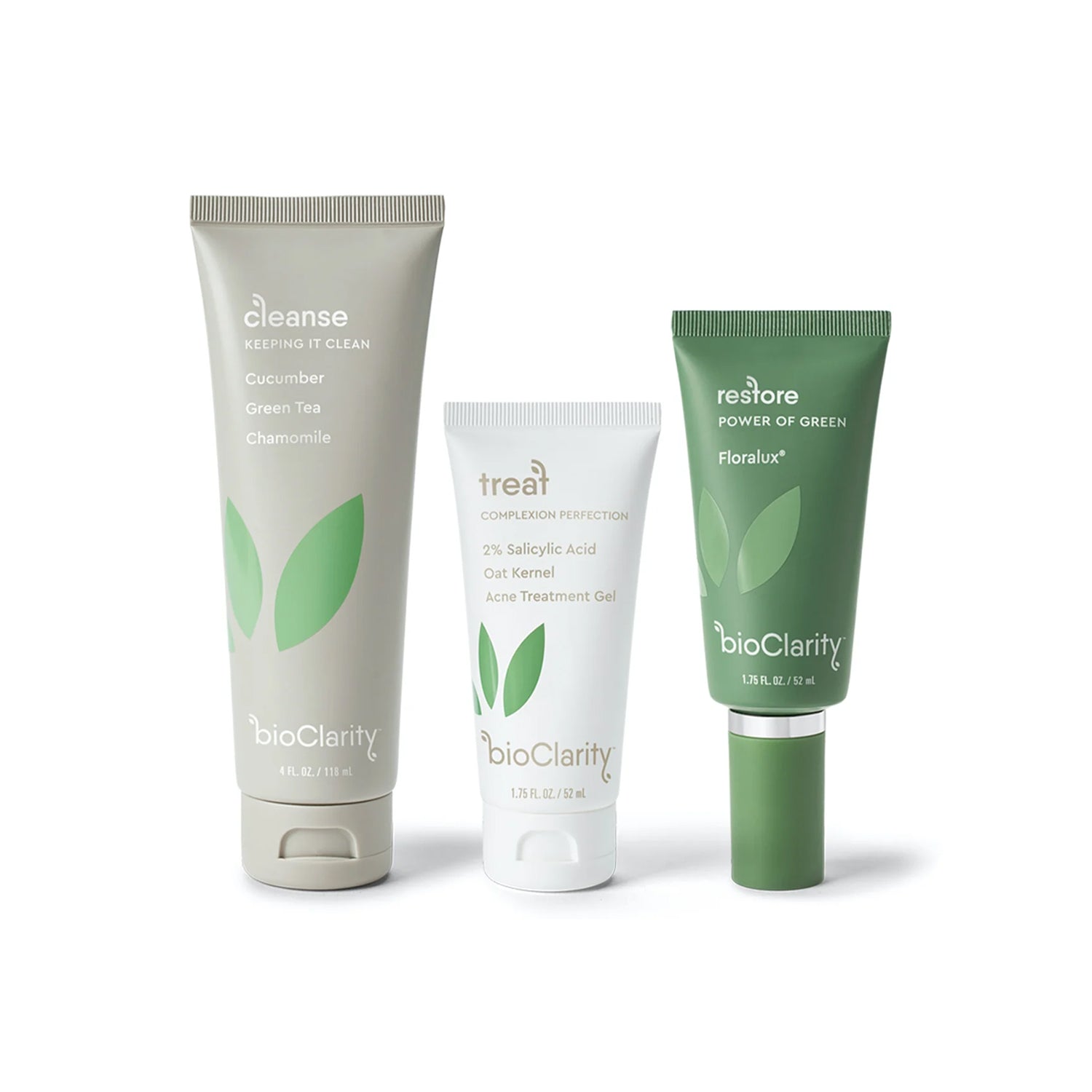
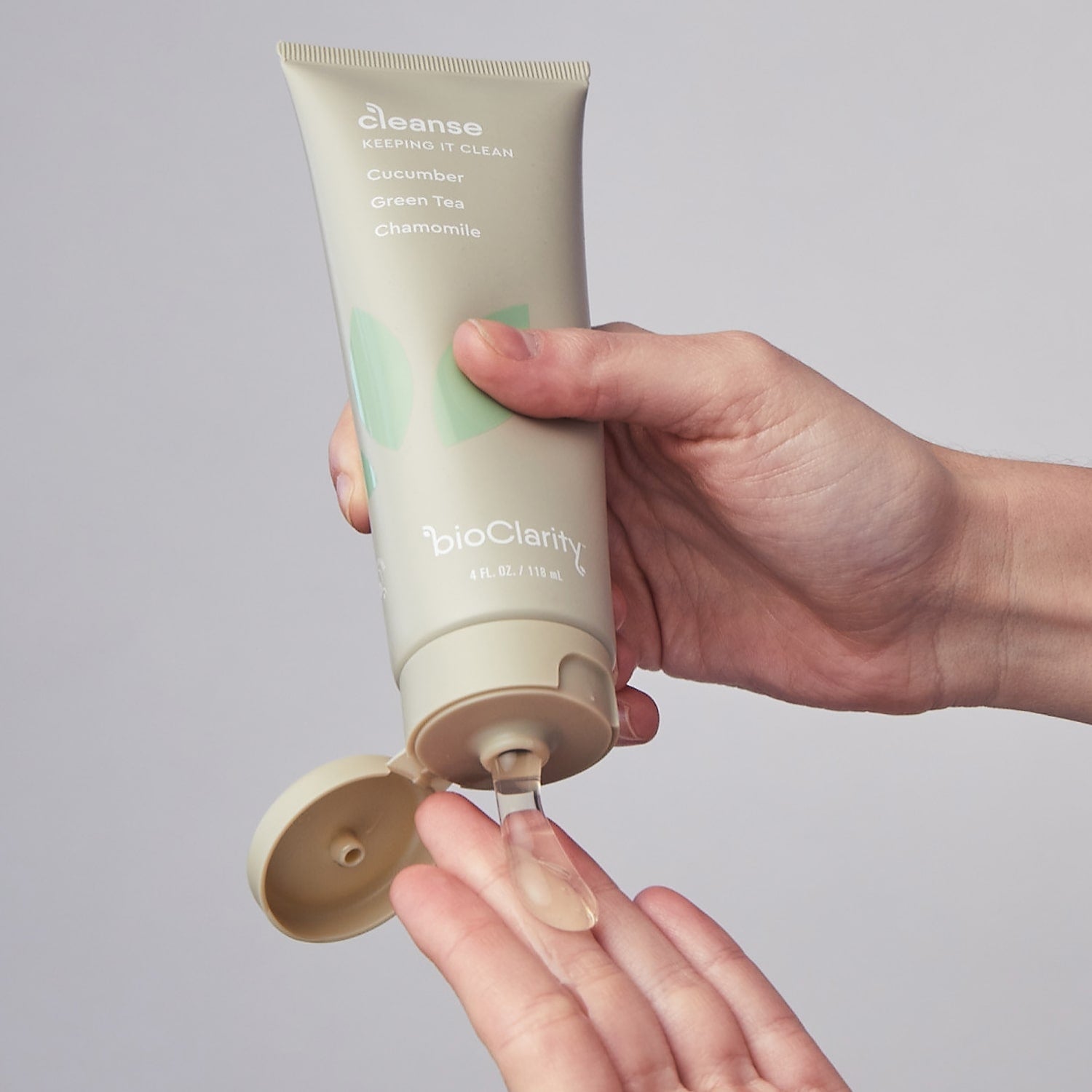
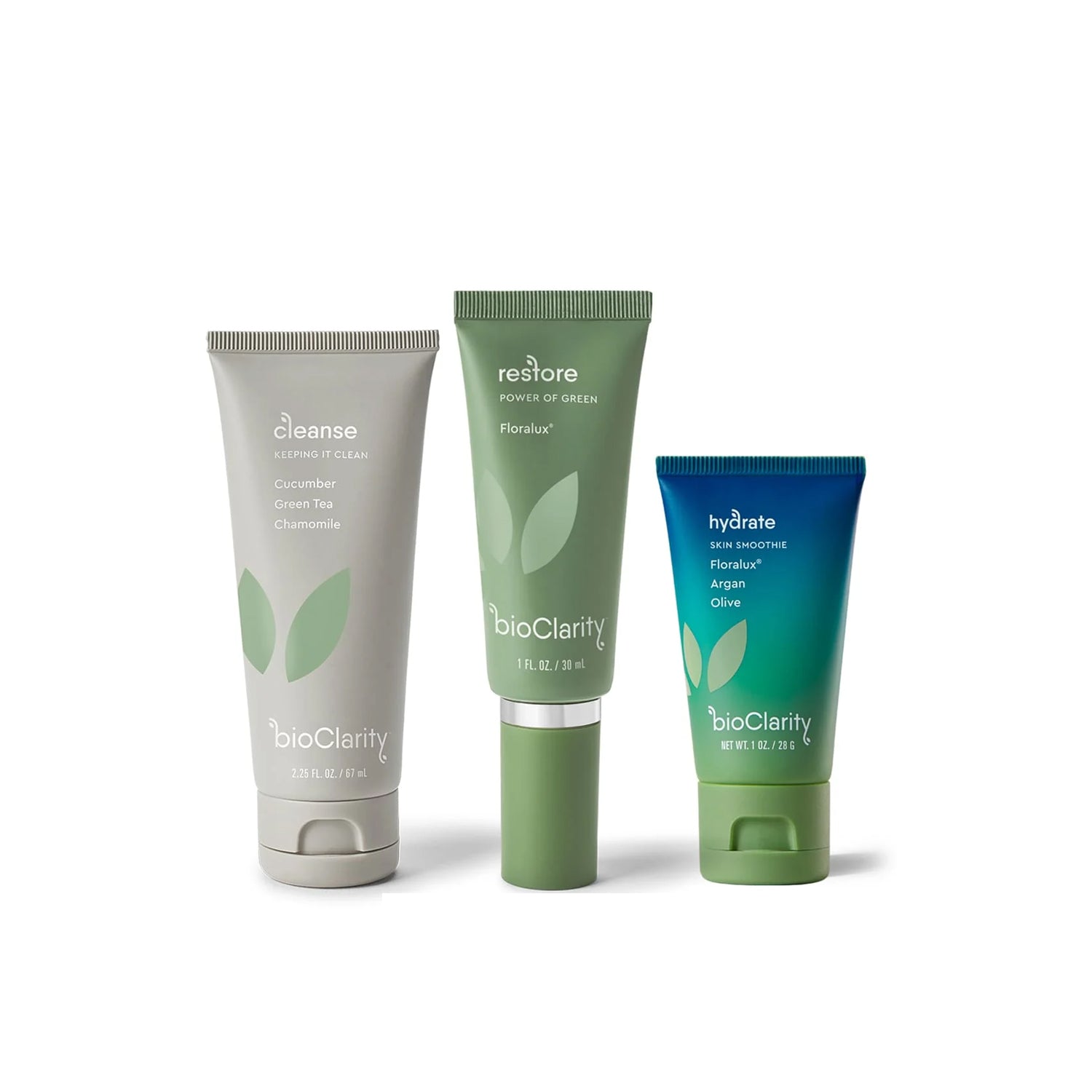
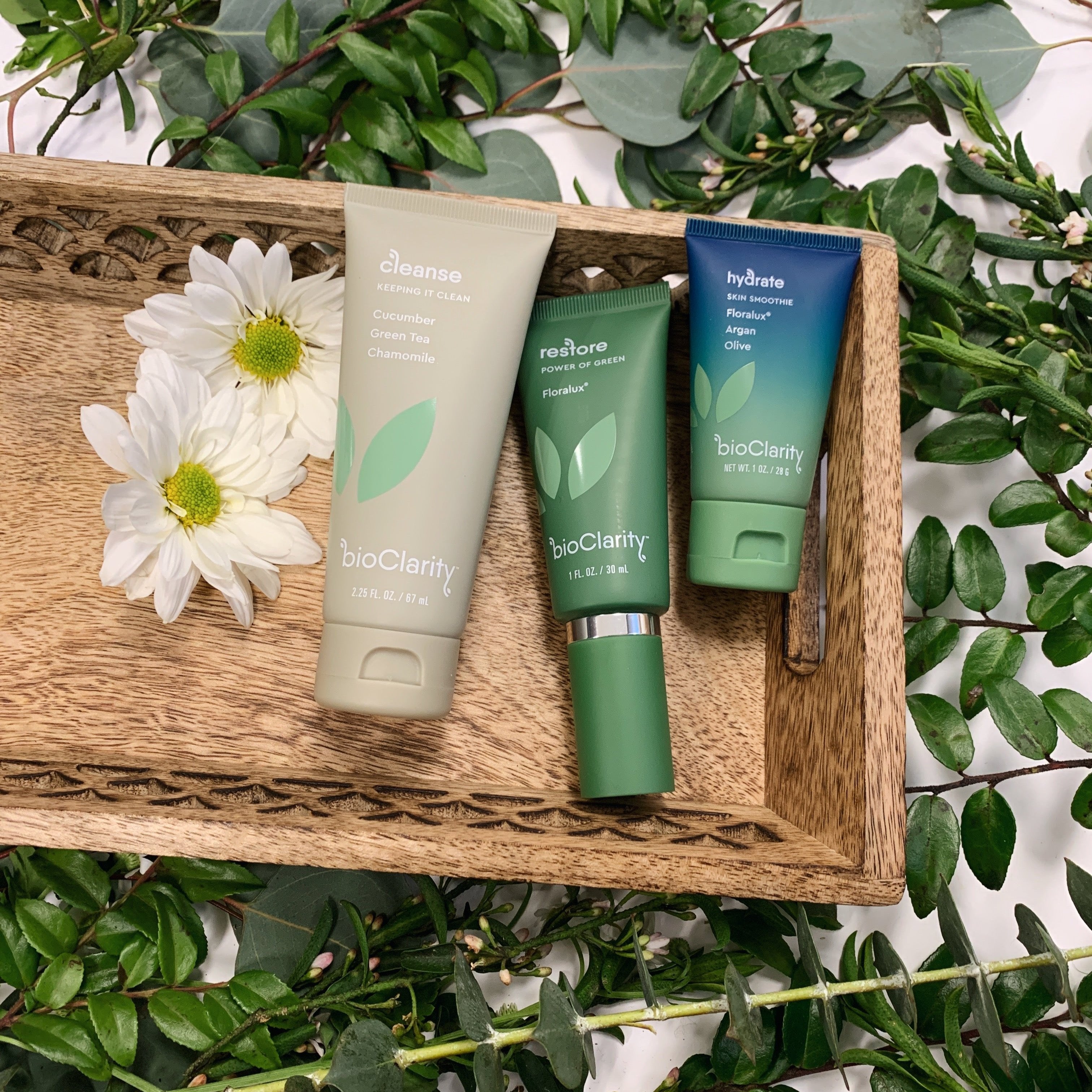
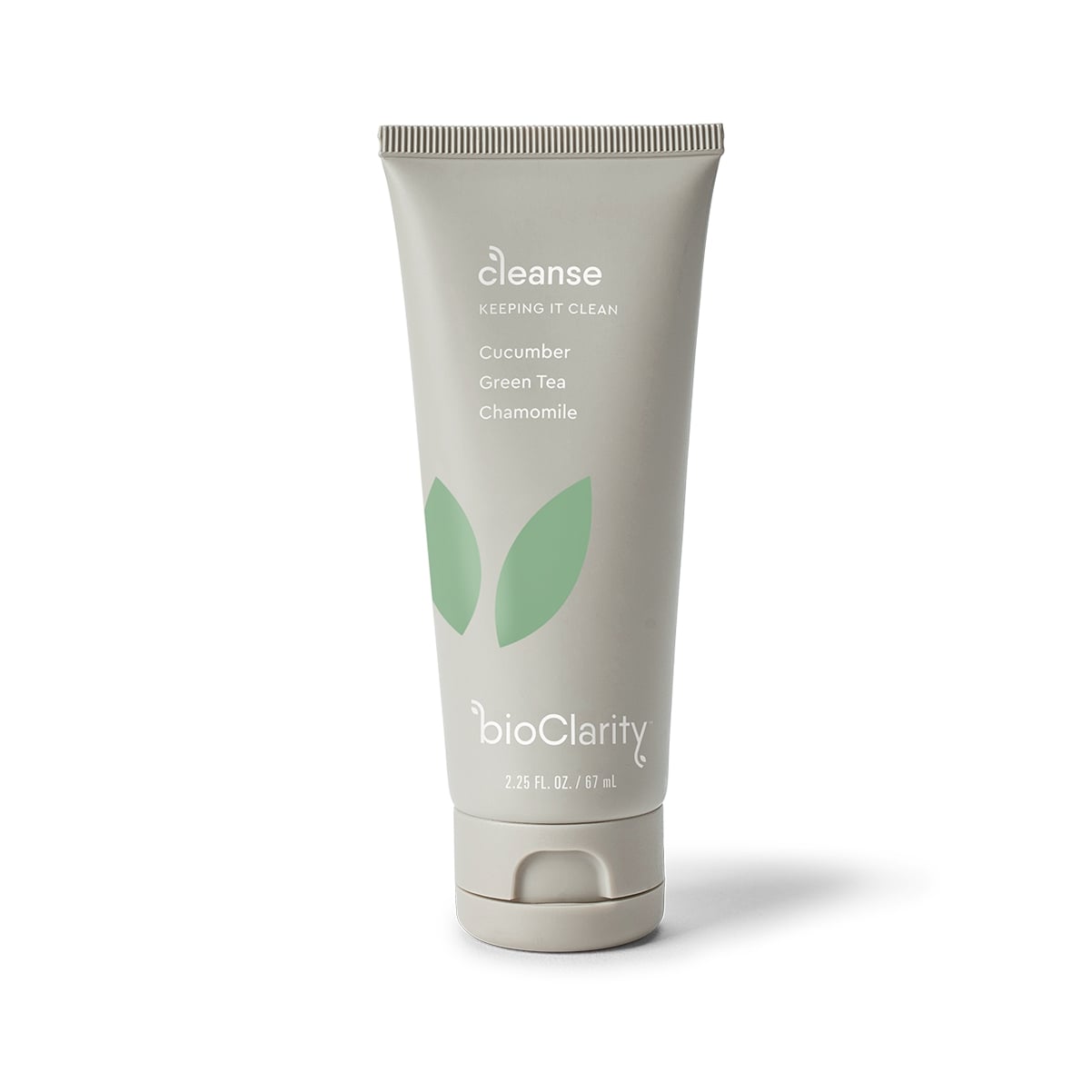
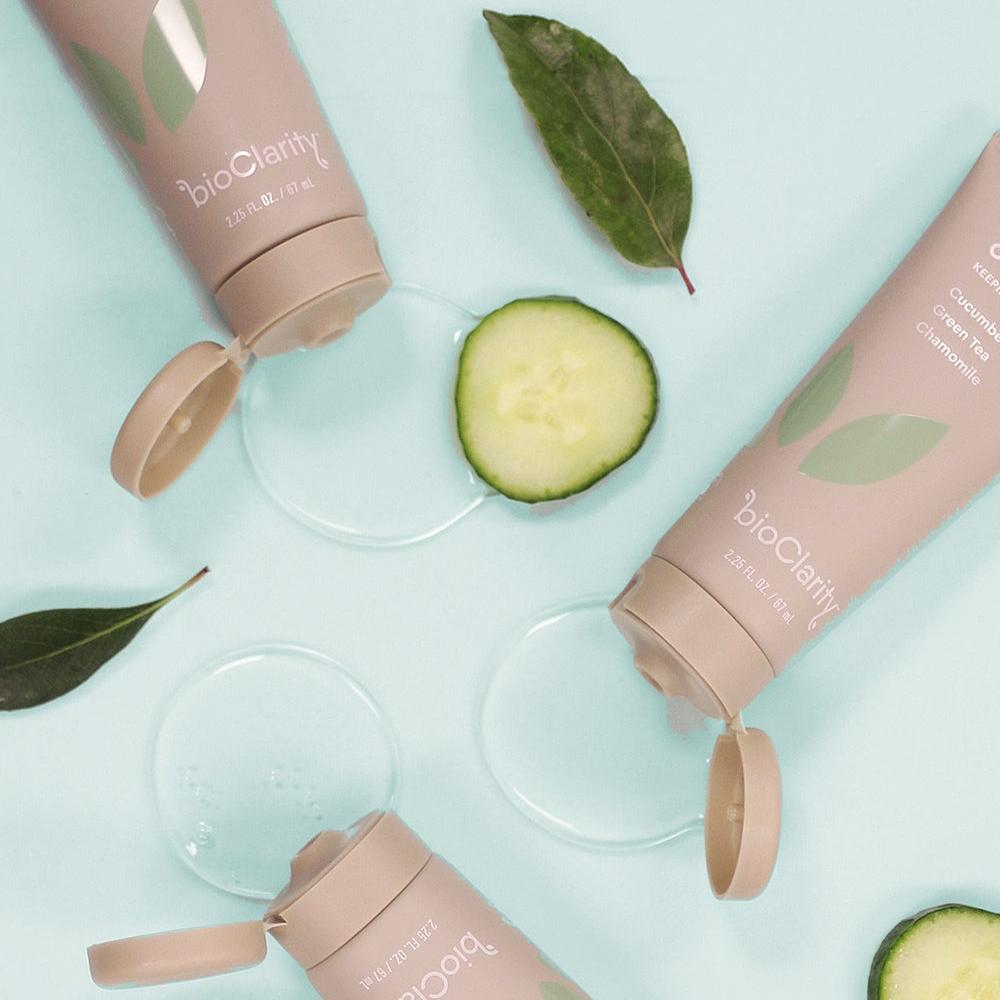
Comments